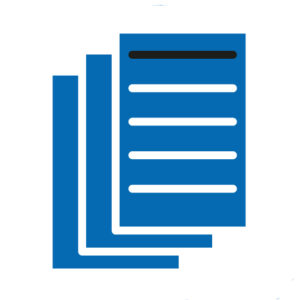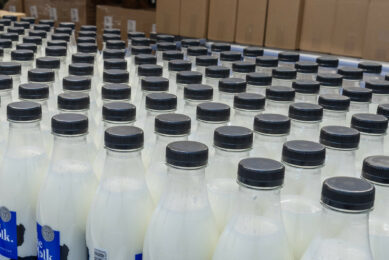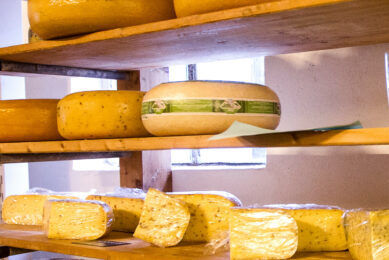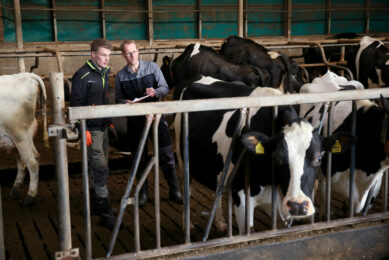Russian dairy – how operations continue to run
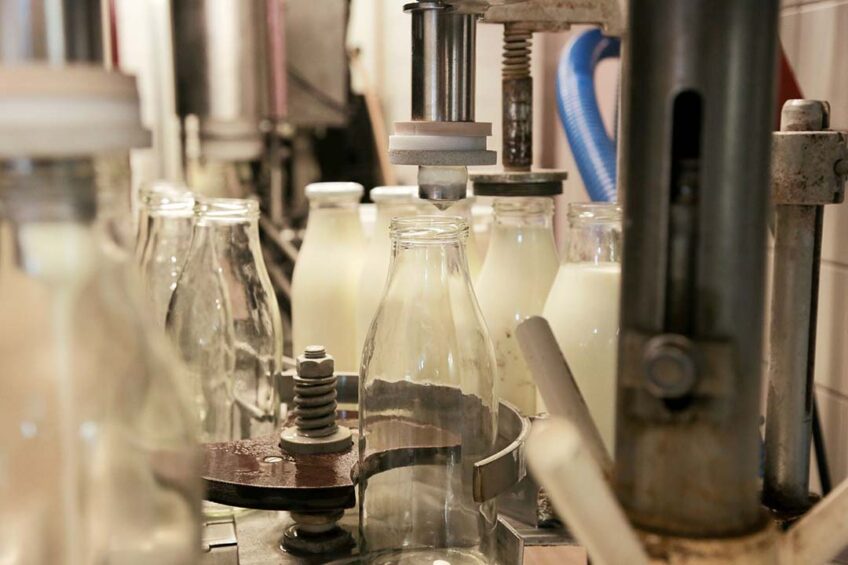
Imports of technologies from some Western countries under parallel import schemes, along with purchases from China and Turkey, are keeping operations in the Russia running.
The Russian dairy industry felt the impact of Western sanctions in 2022, a survey by researchers from the Russian Union of Dairy Producers Soyuzmoloko, local news outlet MilkNews and Strada Consulting firm showed. Numerous types of dairy industry equipment were subject to sanctions, while many suppliers suspended direct deliveries of technologies, components and spare parts to Russian customers.
“The industry avoided collapse due to the responses of market players and technology suppliers, who dramatically expanded their stocks of spare parts,” Russian researchers have said. This gave the industry the time to find alternative suppliers from other countries, primarily Turkey and China, and to set up parallel import schemes.
The researchers stated that the Russian dairy industry saw a hike in costs associated with equipment installation and maintenance due to supply issues. Some dairy companies have also abandoned investment plans due to costs.
Short supply in dairy
Some technologies in the Russian dairy industry are still in short supply. The researchers noted that there is a deficit of high-tech packaging equipment – the demand in this segment is fully met only in the production of cottage cheese, young cheese and some dry dairy products.
Problems are seen in the segments of bactofuges, separators and homogenisers, pipes, and fittings – Russian companies offer some solutions here, but “what’s available is not satisfactory”, according to the researchers. Sourcing equipment for the production of cheese and condensed products remains a challenge, too.
Parallel imports for dairy
Imports of technologies from Western countries remain the top choice for Russian dairy firms seeking capacity expansion or modernisation, the survey showed.
“Experts note that manufacturers will continue to purchase equipment through parallel import schemes as long as it is technically and economically feasible,” the researchers said.
If parallel imports are no longer available, Russian dairy manufacturers will look for used equipment, which is more difficult to subject to sanctions. The next option is searching for similar equipment from suppliers in other countries. Alternatively, Russian dairy businesses will look at their own capacity.
Join 13,000+ subscribers
Subscribe to our newsletter to stay updated about all the need-to-know content in the dairy sector, two times a week.


